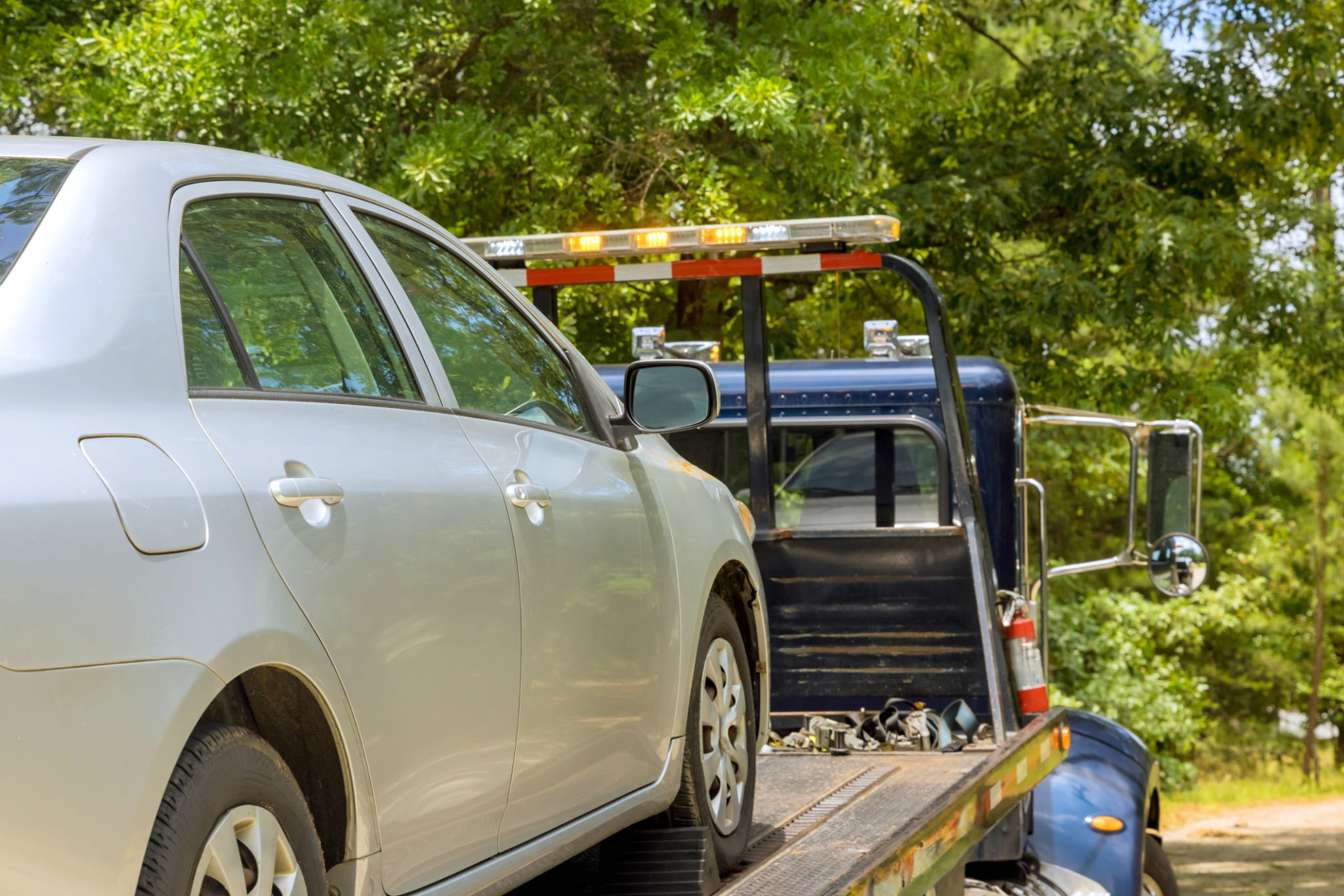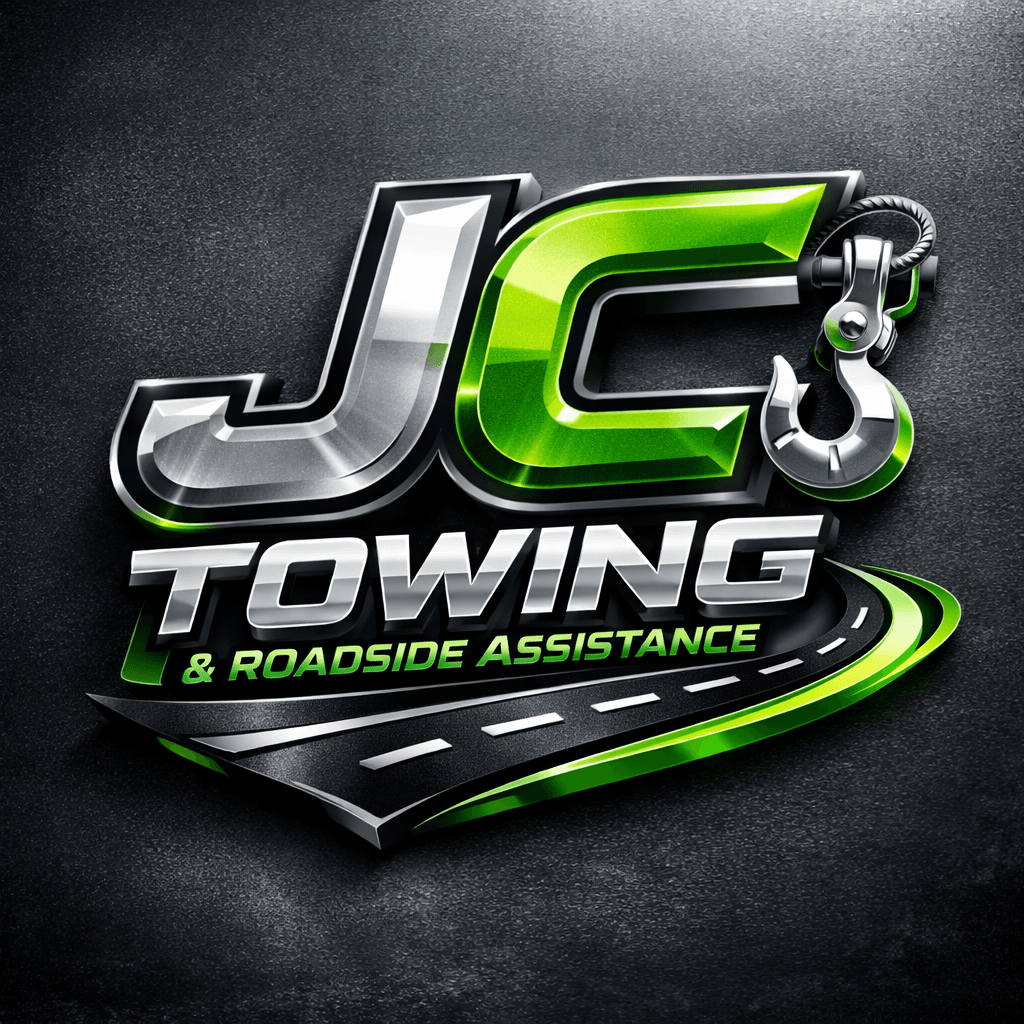What to Do When Your Car Breaks Down on the Road
Stay Calm and Assess the Situation
Breaking down on the road can be a stressful experience, but maintaining a calm and collected mindset is crucial. The first step is to assess your surroundings and determine if you're in a safe location. If possible, try to move your car to the shoulder or a nearby safe area away from traffic.

Ensure Your Safety
Your safety should always be your top priority. Once your car is safely off the road, turn on your hazard lights to alert other drivers. If it’s safe to do so, exit the vehicle from the side away from traffic. Use reflective triangles or flares if you have them to further increase visibility, especially at night.
Diagnose the Problem
After ensuring safety, try to diagnose the issue if you feel comfortable doing so. Common problems include a flat tire, overheating engine, or dead battery. Understanding the problem can help you decide the best course of action, whether it's a simple fix or requires professional assistance.

Contact Roadside Assistance
If you're unable to resolve the issue yourself, it's time to call for help. Contact a roadside assistance service or tow company. Keep your roadside assistance membership card or contact information readily available for such emergencies.
Communicate Your Location
When calling for help, accurately describe your location. Use landmarks, mile markers, or GPS coordinates if available. This information is crucial for roadside assistance to find you quickly and efficiently.

Stay Inside the Vehicle
If you're in a location where it's unsafe to leave your vehicle, such as on a busy highway, it's best to stay inside with your seatbelt fastened. Lock your doors and wait for help to arrive. If you must exit the vehicle, do so carefully and be aware of traffic conditions.
Prepare for Future Breakdowns
Once you've safely resolved the current situation, take steps to prepare for any future breakdowns. Keep an emergency kit in your vehicle including items like jumper cables, a flashlight, first aid supplies, and basic tools. Regular maintenance checks can also help prevent breakdowns.
Reflect on the Experience
After dealing with a breakdown, take a moment to reflect and learn from the experience. Consider what went well and what could be improved in terms of preparedness and response. This reflection can enhance your confidence and readiness for any future incidents.
Share Your Experience
Sharing your breakdown experience with friends or family can be helpful for both you and others. Discussing what happened and how you handled it can provide valuable insights and tips for those who may encounter similar situations in the future.

